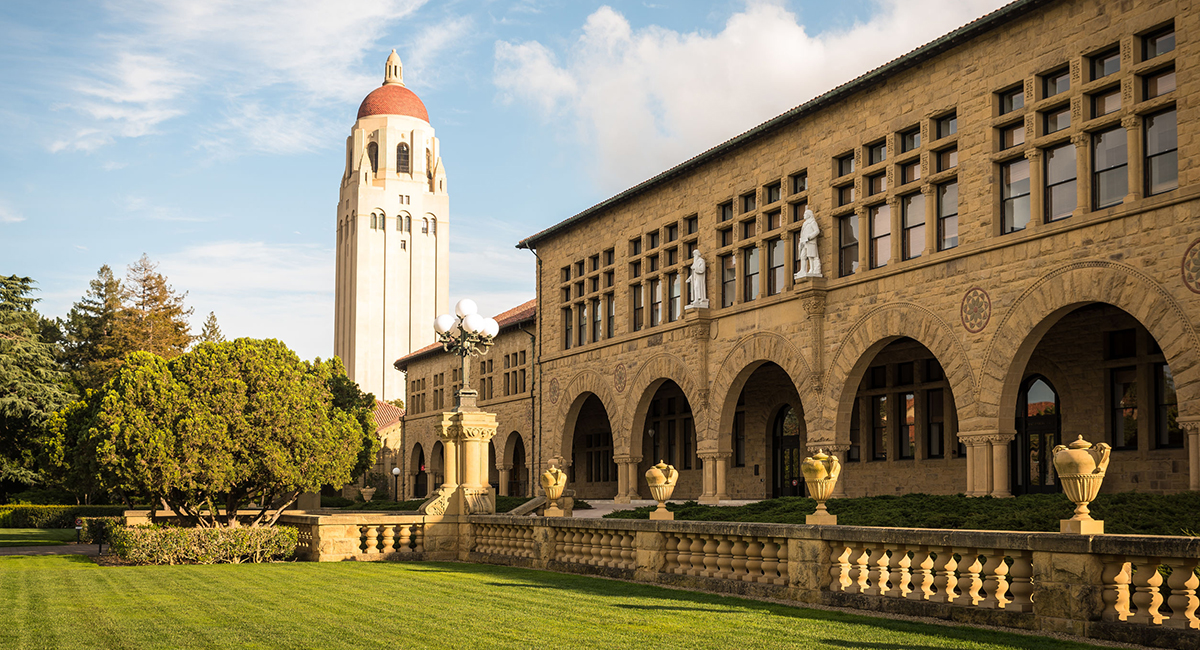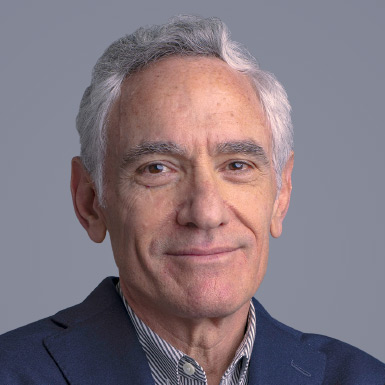Many in America’s academic class betrayed the public trust during the pandemic. To sway the American people to accept lockdowns, professors with prestigious titles and affiliations denied scientific data about risks, effective mitigation and biological protection. They spouted politicized opinion as if it were objective truth and demonized views counter to their preferred narrative.
In February 2020, the Lancet published a letter from some of America’s most famous university virologists condemning as “conspiracy theories” any suggestions that Covid-19 didn’t have a natural origin. This is a question that remains unanswered today. Was there any purpose of that untruthful letter other than to intimidate the scientific debate at the pandemic’s start?
On Nov. 19, 2020, the Stanford Faculty Senate condemned my work as an adviser to President Trump, charging that I “promoted a view of COVID-19 that contradicts medical science.” Yet virtually every scientific point I made exactly matched those of Jay Bhattacharya and John Ioannidis, both Stanford professors of medicine, including the risk for children, spread from children, focused protection, postinfection immunity, masks, and the harm from school closures and lockdowns. The difference? I alone stood on the podium, speaking to the press and the public, serving my country next to a Republican president the Stanford faculty reviled.
Many American universities, particularly “elite” schools, now explicitly emphasize ideology even in the hard sciences. In a November report, the National Association of Scholars examined the proliferation of “diversity, equity and inclusion” language on the websites of Ivy League schools’ science, technology, engineering and mathematics departments. Stanford may now be the American university most hostile to free speech, with its recently exposed “Elimination of Harmful Language Initiative”—a list of approved and disapproved words that exceeds anything anticipated by George Orwell. After being publicly ridiculed, the school moved quickly to hide the list behind a university login.
Colleges and universities are essential to a free society. We entrust them with the responsibility to teach the next generation of leaders to think critically—a process that by its very essence requires consideration and comparison of opposing views. At their best, universities are centers for the free exchange of ideas and bastions of independent thought. At their worst they are centers of partisan indoctrination and ideological conformity. How do we return to a university that models the free exchange of ideas?
The problem can’t be solved by issuing more declarations on freedom. Like nearly all universities, Stanford has a longstanding institutional statement on academic freedom. Dating from 1974, it expounds: “Expression of the widest range of viewpoints should be encouraged free from institutional orthodoxy and from internal or external coercion.”
In theory, academics with unpopular views are protected by tenure. In practice, there’s a nuance to how dissidents are censored by the modern university. Regardless of tenure, one can be suspended without pay or marginalized to the point of invisibility. Formal censure can be decreed by the faculty senate. This kind of public condemnation by colleagues may seem an impotent expression of political hatred, but it serves to silence other university faculty members who are more easily frightened. I have received hundreds of emails from academics around the country urging me to keep speaking the truth. They say they are too afraid to do it themselves.
Public apologies from the failed expert class would partly restore trust and help prevent future abuses, but ultimately admission of error requires integrity. Realistically, then, the solution rests in people becoming courageous, particularly since bullies characteristically crumble when challenged. We need people of integrity in the academy to stand and be counted. That includes college presidents, some of whom disagree with the ideological rigidity of their faculties but are too cowed—or too comfortable—to say so.
We also need to hold universities accountable for failing to ensure academic freedom while raking in massive amounts of taxpayer money. Fifteen American research universities got over half a billion dollars from the National Institutes of Health in 2022. The dependence of the research enterprise, including the careers of virtually every academic scientist, on NIH money realistically limits their will to question, let alone criticize, the powerful agency and its leadership.
Finally, and perhaps most importantly, we need to keep teaching our own children, the next leaders of our country, to always remember what G.K. Chesterton wrote: “Right is right, even if nobody does it. Wrong is wrong, even if everybody is wrong about it.”








